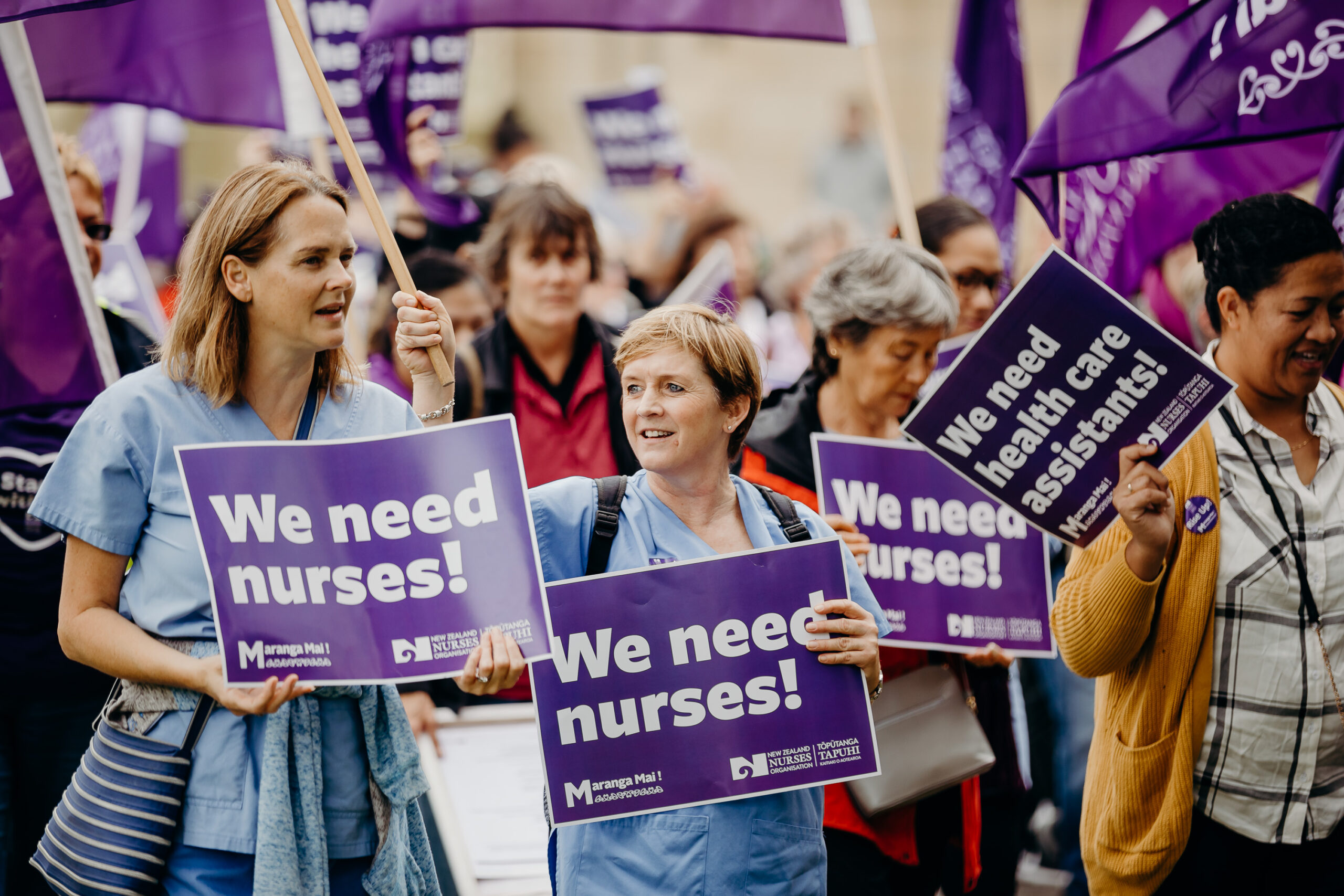On 14 April Tramways Union members working for NZ Bus in Wellington voted 204 to 2 for industrial action.
Action could be called any time soon, but under the anti-worker Employment Relations Act the union must give the employer 24 hours’ notice, thus giving a little time for NZ Bus to organise to limit disruption, for example by recruiting scabs. Nonetheless, the bus workers are in a powerful position. They can not only bite into NZ Bus’s profits, but also have an effect on capitalism generally by causing people to be late for work, etc.
The issue is contract negotiations. NZ Bus is seeking to attack conditions. The conditions include the circumstances for double time and time-and-a-half, and clauses in disciplinary procedures. Basic pay is extremely low. The base rate was $19.40 an hour, but that has just been topped up to the Living Wage of $22.10 an hour. It is the regional council and the government that is supplying the top up, not NZ Bus.
It is one of the principles of good trade unionism that conditions are protected. Whereas pay rates can yo-yo around due to inflation and the market, good conditions are generally the result of old hard-fought battles, and once conceded are difficult to get back.
NZ Bus is owned by Australian-based Next Capital. The fact that the company is Australian is irrelevant, but left nationalism is rife in the union movement and I would not be surprised if the question of foreign ownership is raised. If it is, left nationalism will only serve to undermine clear class consciousness.
We do need to take a broader, political view, however, than solely focus on the contract negotiations.
Since a Labour government was elected in 2017 there has been a high level of industrial action by bus workers. Time and again bus workers have been at the end of their tether as a result of low pay, long hours and intense pressure. Only last December, there was disruption on Wellington buses due to a surge of resignations by drivers. The reason for the hardship of bus workers is not only the motivation of the bus companies to turn a profit, but the context in which these companies operate. Greater Wellington Regional Council spends $30m a year on public transport. It contracts out different parts of the bus network to different companies according to which put in the lowest bid. In a labour intensive industry low cost can only be at the expense of the rate of exploitation of workers. The whole point of neoliberal privatisation was, and remains, to reduce the costs of public services to the detriment of workers.
In the current situation, if Wellington bus drivers do take action, Socialists must not only stand in solidarity over their immediate demands but raise the most relevant political demand: that the regional council take the regional bus service in house and run it rationally as a regional public service, and, by the way, convert from diesel to electric power. A political and industrial campaign is called for to achieve this demand against the neoliberal-minded trio of the private companies, the regional council and central government.









